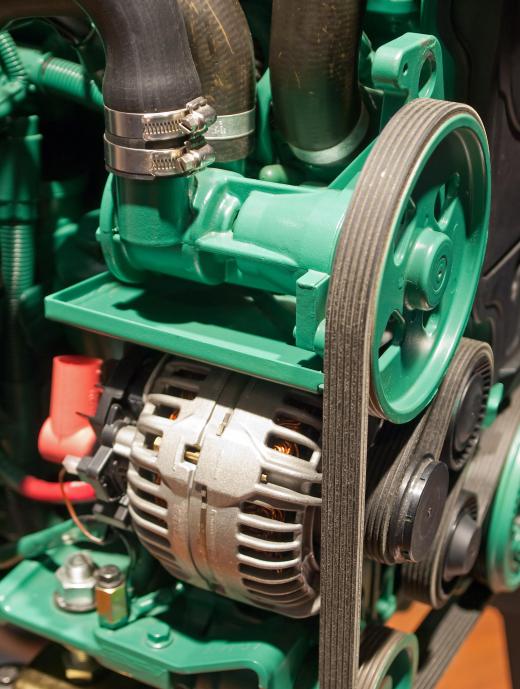A generator is nothing more than a device which transforms mechanical power into electrical energy, also known simply as electricity. Generators are often used during power outages when other sources of electricity are unavailable or when a source of electricity needs to be portable, which is common with trailers and other temporary shelters. Many generators are powered with unleaded or diesel gasoline, but they may also run on natural gas or propane; it is possible for a generator to have multiple fuel options, allowing the user to switch between fuel types. There are four common types of generator conversion options:
- Convert to run on propane only: This option converts a generator originally powered by gasoline to be powered solely by propane. While it offers only one fuel type, it is often preferred because of propane's long shelf-life.
- Convert to run on gasoline or propane: A generator can also be altered to run on either gasoline or propane, and the user can switch between the two fuel types by using an adapter.
- Convert to run on natural gas or propane: Another option, void of gasoline, is to convert a generator to run on either natural gas or propane. Again, the user can use an adapter, which is added on to the generator during the conversion process, to select the fuel type.
- Convert to run on natural gas, propane, or gasoline: Also known as a tri-fuel generator, this option allows the machine to be powered by any of the three fuel types — gasoline, natural gas, or propane.
Reasons to Complete a Generator Conversion

While a majority of generators run on gasoline, many are converted to run on natural gas or propane. A generator conversion is commonly done because, while gasoline can be an inexpensive fuel option, it is difficult to store for extended periods of time and is frequently sought after during emergencies and natural disasters, meaning it may not be available when it is needed. Natural gas and propane, however, are easier to store, better for the environment, and safer to use than gasoline.
How to Convert Generator Fuel Types

Conversion kits usually include the necessary parts and instructions to convert fuel types and are available in many hardware stores and on the Internet. Some information is necessary to ensure that the correct kit is purchased, generally, this includes the generator's make and model number, whether it is an electric or pull start motor, whether it has a round or square air cleaner, and how the air filter mounts to the carburetor. Kit prices vary depending on the size of the motor. These kits are also work to convert the fuel types of many motorized vehicles such as cars, trucks, off-road vehicles, forklifts, and boats, just to name a few.
It is possible to complete a generator conversion without purchasing a kit, but some items will still need to be purchased; which items are needed varies depending on the type of conversion taking place and most items can be purchased from many hardware stores or online. There are many sources on the Internet that offer free advice on generator conversion processes as well as pictures and diagrams to help aid in the process. It is important when completing a generator conversion to take proper precautions handling hazardous chemicals.
